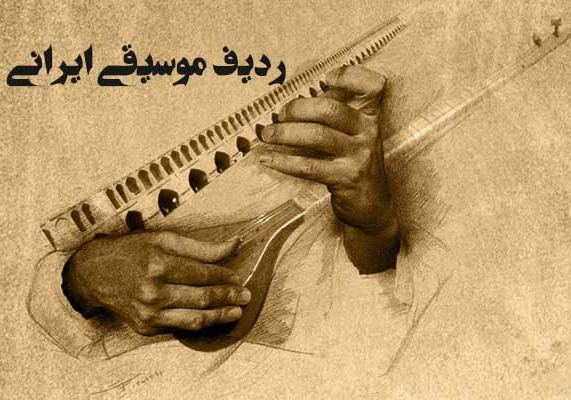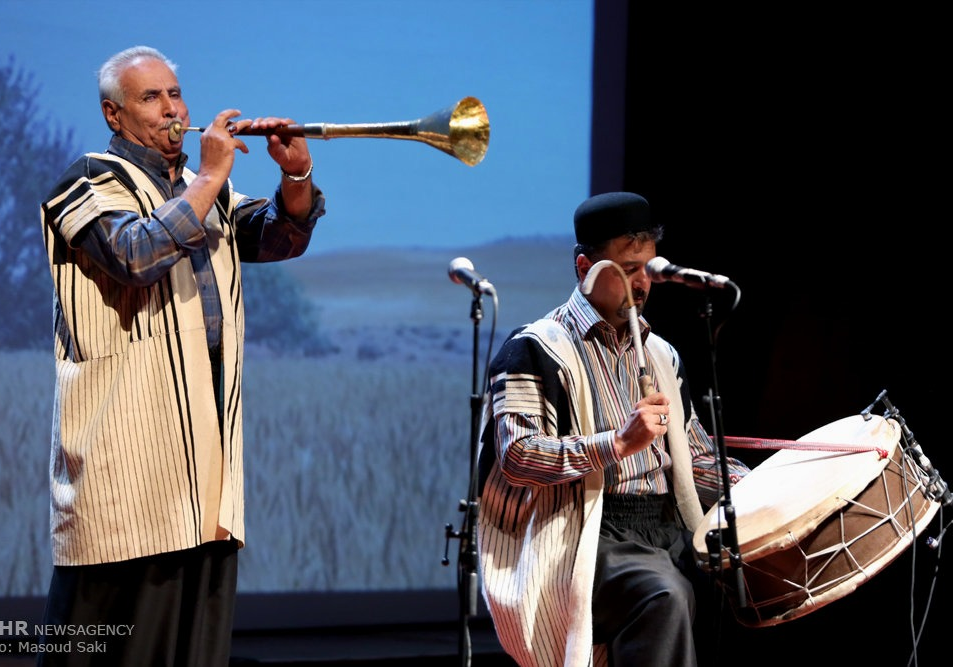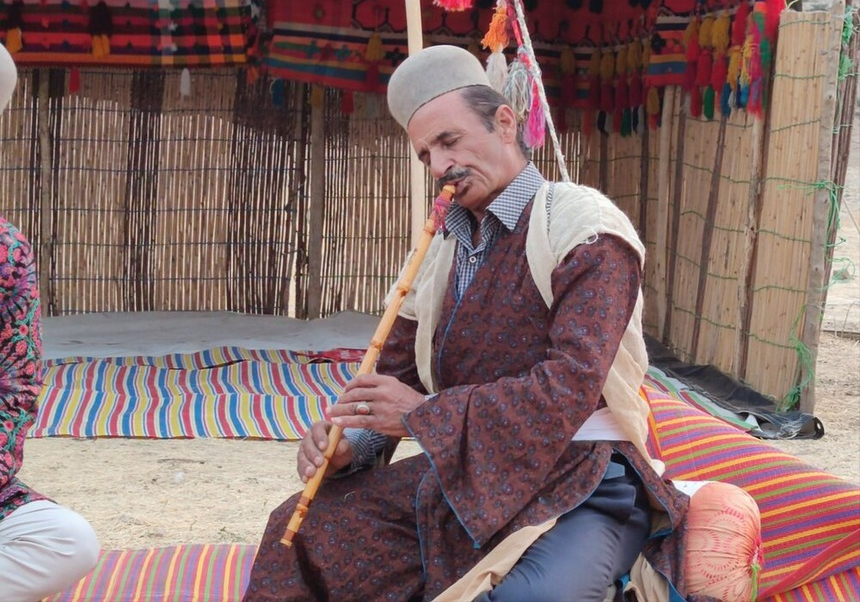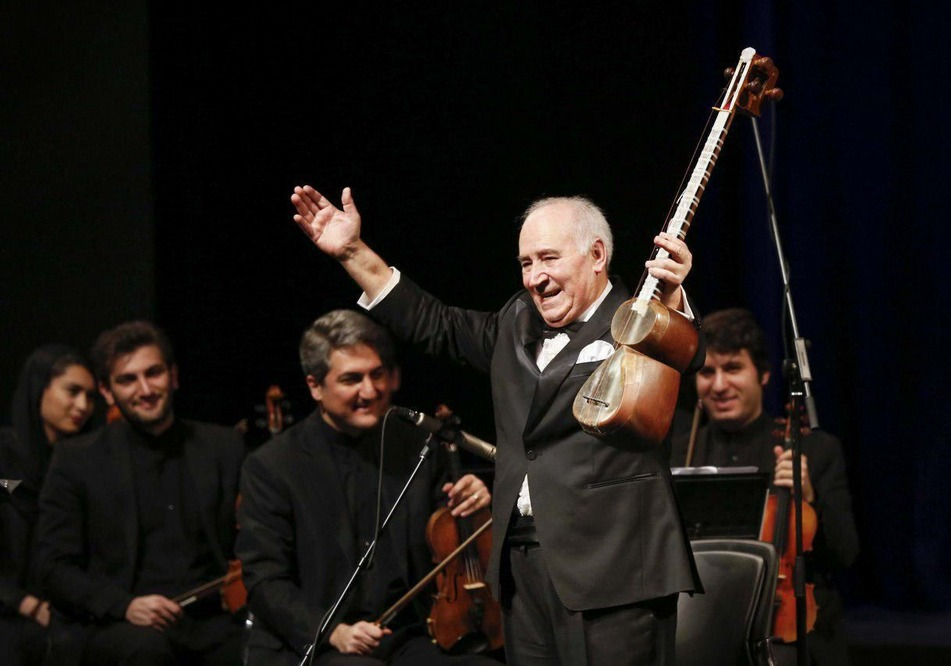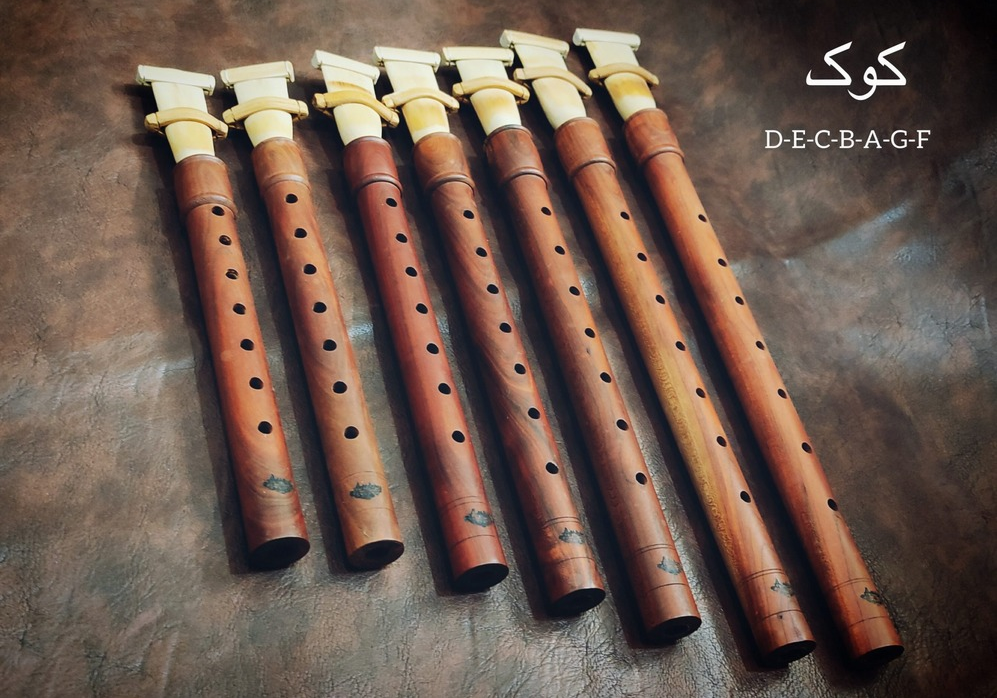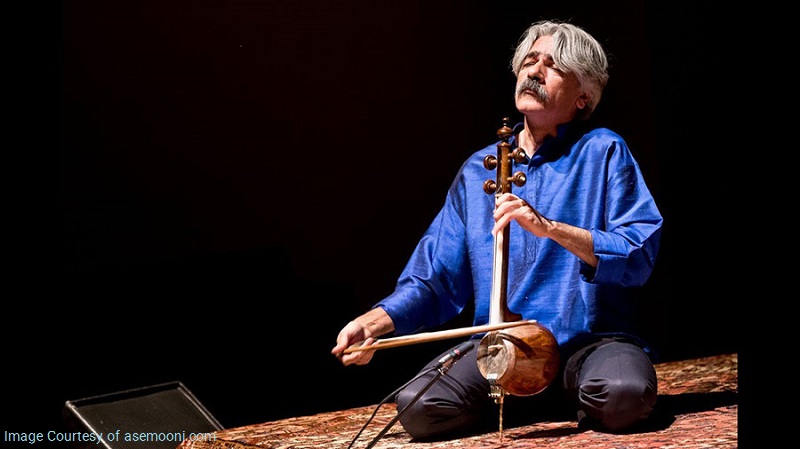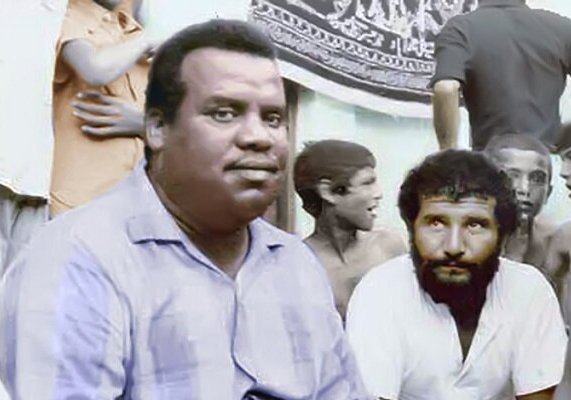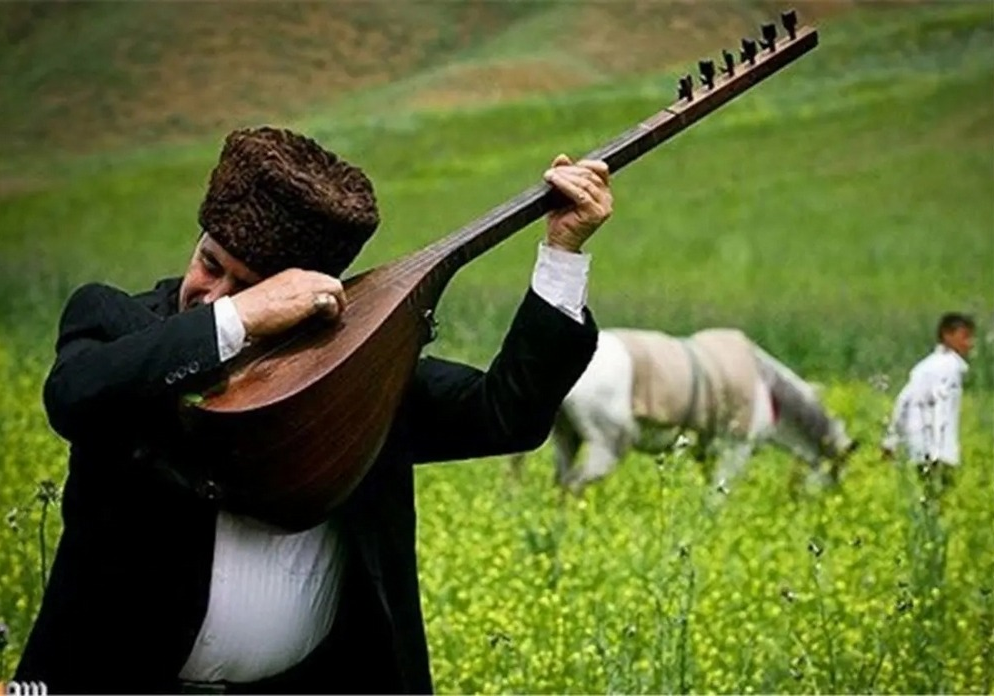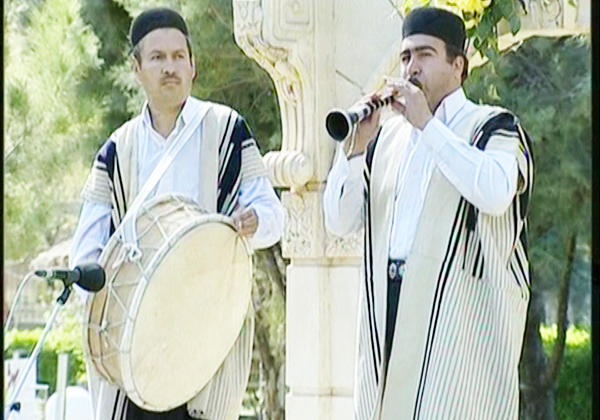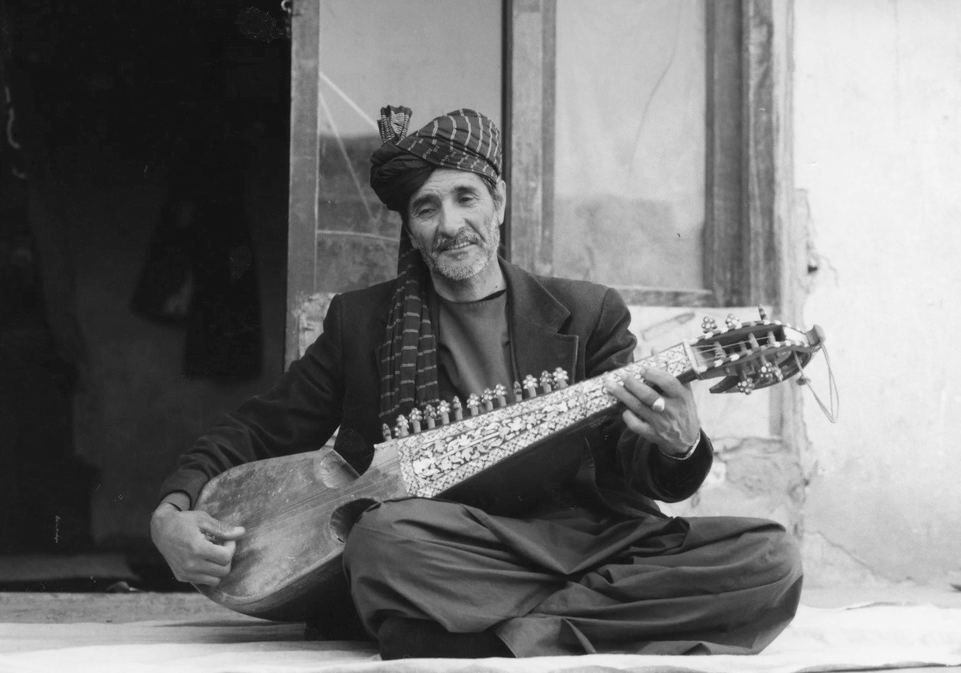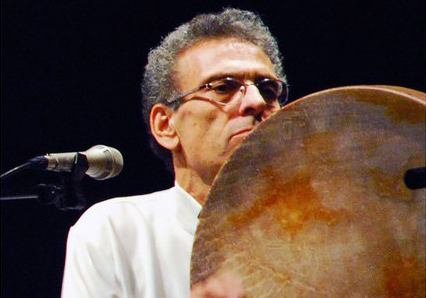
Bakhtiari Music in Nowruz
Bakhtiari Music in Nowruz
The traditions of every community and culture are their valuable, praiseworthy, and intangible heritage. Different ethnic groups of Iran have their own traditions, which can be considered the source for understanding the culture and history of Iran. Nowruz, as a common tradition, has taken on a special form and aspect among each Iranian community. This tradition also has its own aspect among the Bakhtiaris, which is manifested in the Bakhtiari music more than anything else.
Spring and Bakhtiari Music
Bakhtiaris are basically nomads and are in constant connection with nature and since their life and livelihood are tied to nature, they welcome spring in their own special way.
Like all Iranians, the Bakhtiaris engage Khanetekani (lit. overall housecleaning) before the arrival of spring to welcome Nowruz, but they also have their own special customs. For example, immediately after the arrival of New Year and Nowruz, they collectively go to visit families who have lost a loved one in the past year in order to express their condolences.
“Sorna” and “Dohol” are among the instruments that have been widely used among Iranians for a long time and the fact that their names have been mentioned in ancient Persian literary texts confirms their historical status. These two musical instruments are widely used in Bakhtiari music played on the occasion of spring and Nowruz.
From a technical point of view, chahargah and dashti are used more than other gushehs in Bakhtiari’s spring music. The content of Bakhtiari spring songs and hymns is most influenced by the beautiful nature of Zagros, which is considered their main residential region. In these songs, the lyrics of which are in compliance with the characteristics of the spring season, are about hope and revival, the poets and singers express their pains and sufferings that are, in fact, narrations of romantic stories. In some poems, the poet talks about being distanced from his beloved and finally expresses his hope for a reunion. Due to the difficulties they ought to bear in their nomadic life, the Bakhtiari people usually talk about these difficulties in their songs; although these difficulties take on a different form in spring, and are accompanied by rays of hope and bright horizons. In any case, the association of spring with the feelings of the Bakhtiari people is another reason for the important position of this season among them.
Bakhtiari Music in Nowruz
Singing songs in Nowruz is an ancient custom among the Bakhtiari people. These songs are usually performed with “sorna” and “dohol”. Toshmals are local Bakhtiari musicians who perform songs in the spring and at the time of Nowruz and Bakhtiari people join them by singing and dancing in the form of a chorus and giving them gifts.
New Year’s Music
There is a piece of Bakhtiari music, popularly known as Nowruz music, which is played on Iranian Radio and Television at the time of the New Year. Although this piece of music - which is also called “Nowruz-nameh” and played using the sorna and dohol - is usually played in the Chahargah dastgah, at times, some changes take place in it that tend to make it inclined to Shur. This song is very old its history may go back to tens of centuries ago. Perhaps it is due to this background that Iranians connect with it to a great extent and consider it a part of their ancient Nowruz traditions.
A performance of Nowruz-nameh played by Ali Akbar Mahdipour Dehkordi (1935 to 2010 AD), a renowned Bakhtiari singer, has been inscribed on the UNESCO List of World Heritage, along with the Nowruz ritual. This piece was recorded in 1986 AD in the year 1986 AD, and since then, it has been broadcast on Iranian Radio and Television every year at the same time as the arrival of the New Year according to the Iranian Solar Calendar.
There is a piece of Bakhtiari music, popularly known as Nowruz music, which is played on Iranian Radio and Television at the time of the New Year.
| Name | Bakhtiari Music in Nowruz |
| Country | Iran |
| Type | Windy |
| Works | folk music |
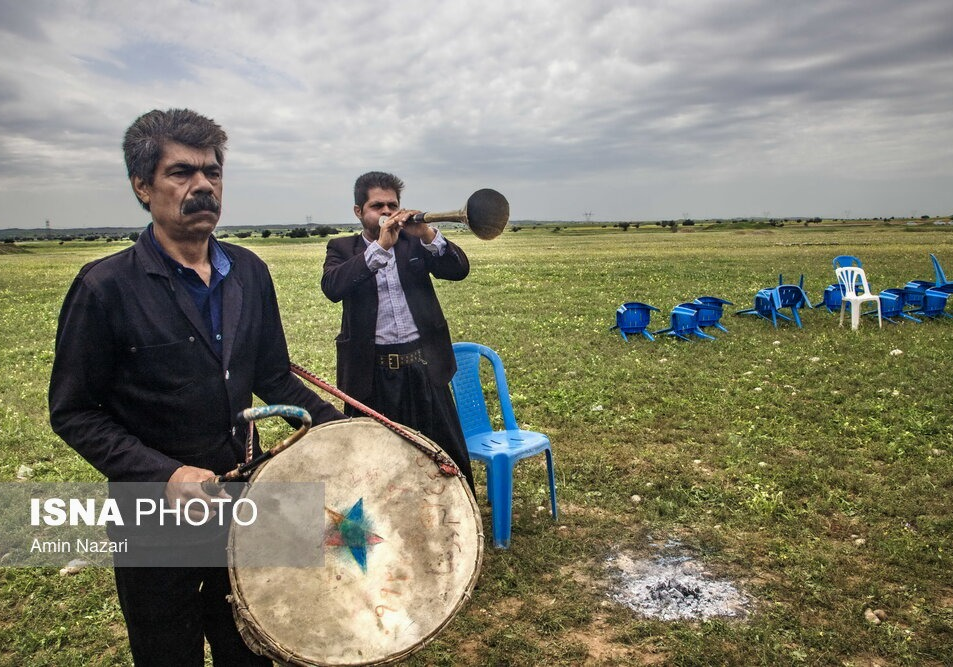
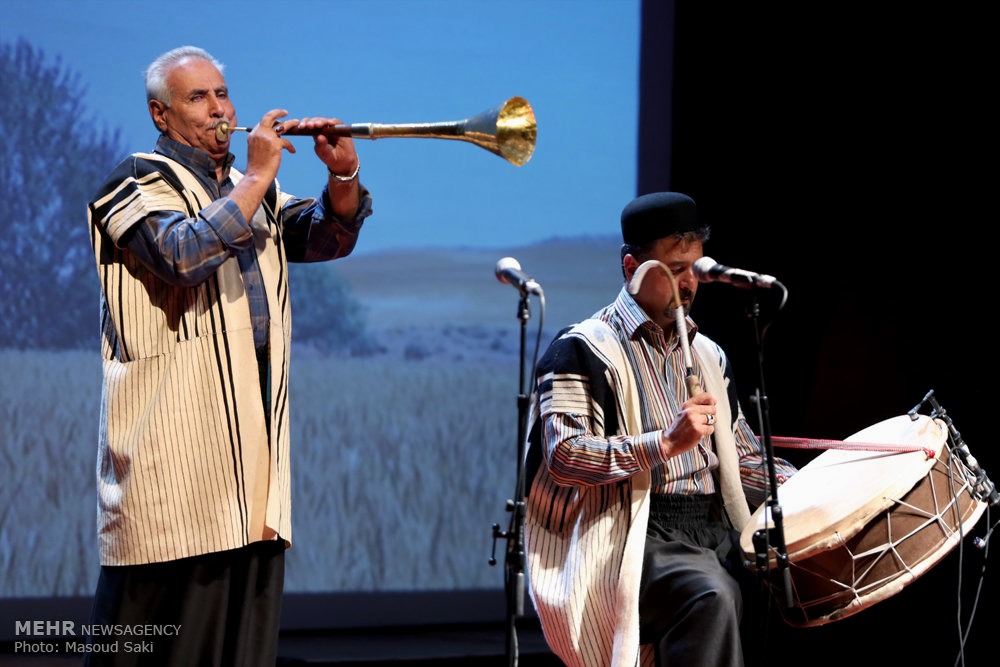
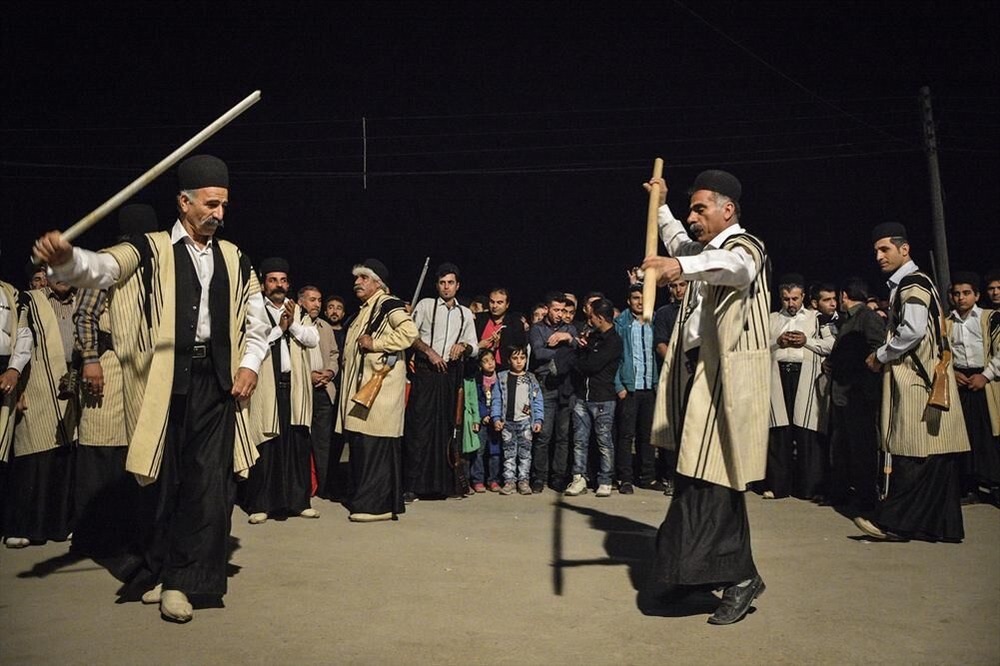



Choose blindless
Red blindless Green blindless Blue blindless Red hard to see Green hard to see Blue hard to see Monochrome Special MonochromeFont size change:
Change word spacing:
Change line height:
Change mouse type:

